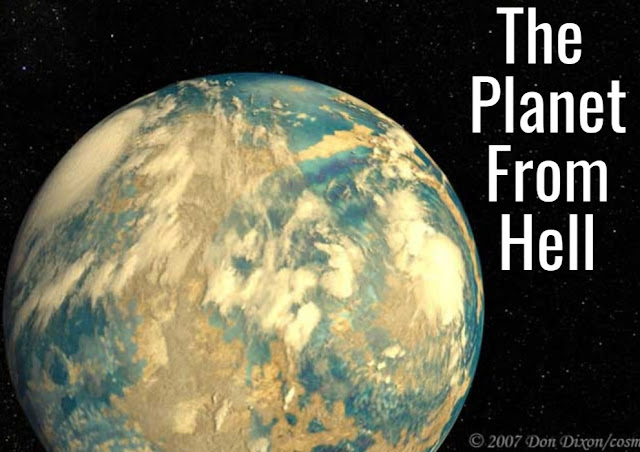What?! There Are Different Types of Nebulae???

Hello everyone! ROBEA here with another quick little update! This week we will be talking about some more Astrophotography! Oh yeah! This is what the cool kids talk about! So pull out a chair, sit your silly self down and lets get down to some learning! Now our bro Orion Nebula is what’s called a “Diffuse Nebula”. Diffuse Nebulae “are large clouds of gas (mainly hydrogen) and interstellar dust that give birth to stars” (Legault 2014). So it's basically a big hydrogen gas cloud that occasionally pops out baby stars. We can get even more specific though because diffuse nebulae have to subcategories, Reflection Nebulae and Emission Nebulae (Legault 2014). A Reflection Nebula is a nebula that is illuminated by nearby stars (Legault 2014). A Emissions Nebula kind of absorbs the light around it and re-emits it in its own image (Legault 2014). Our buddy the Orion Nebula is in the Emission Nebula category. Alright I’ll let you guys go now. I’ll stop holding you all captive! Go! Be free my ...


